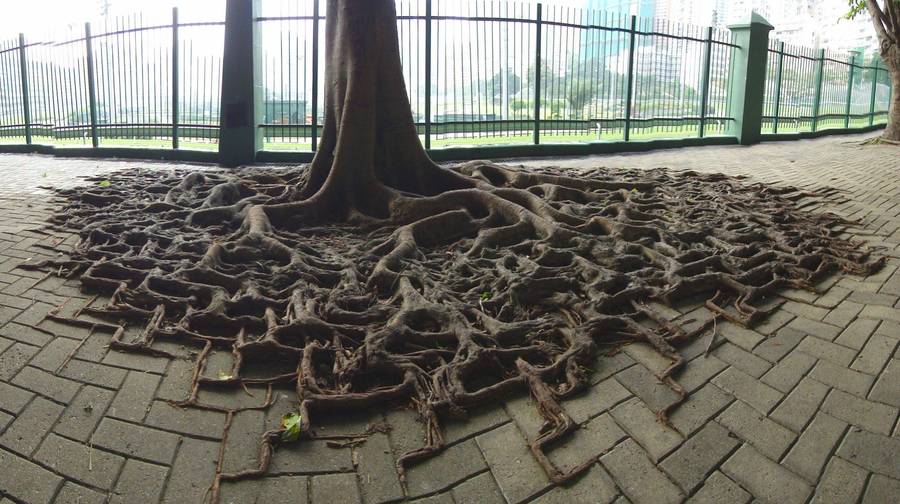Intriguing Lime Green Blobs Appear In The Andes Mountains. Are They Alive? : Krulwich Wonders... : NPR
Geege Schuman stashed this in Botany
What kind of plant is this? In Spanish it's called llareta, and it's a member of the Apiaceae family, which makes it a cousin to parsley, carrots and fennel. But being a desert plant, high up in Chile's extraordinarily dry Atacama, it grows very, very slowly — a little over a centimeter a year.
Think about that. If you asked one of these plants, "What did you do during the 20th century?" it would answer, "I grew a meter bigger." At that rate, plants rising to shoulder height (covering yards of ground, lump after lump) must be really, really old. In fact, some of them are older than the Giant Sequoias of California, older than towering coast redwoods. In Chile, many of them go back 3,000 years — well before the Golden Age of Greece.


I wonder if it's soft to the touch.
They look like green gift-wrapping. One imagines that they are mold-like, wrapping themselves around boulders. But that's wrong. The truth is much weirder. That hard surface is actually a dense collection of tens of thousands of flowering buds at the ends of long stems, so densely packed, they create a compact surface. The plant is very, very dry, and makes for great kindling.
It's excellent fuel and also good for muscle pain, too.










3:38 PM May 18 2014